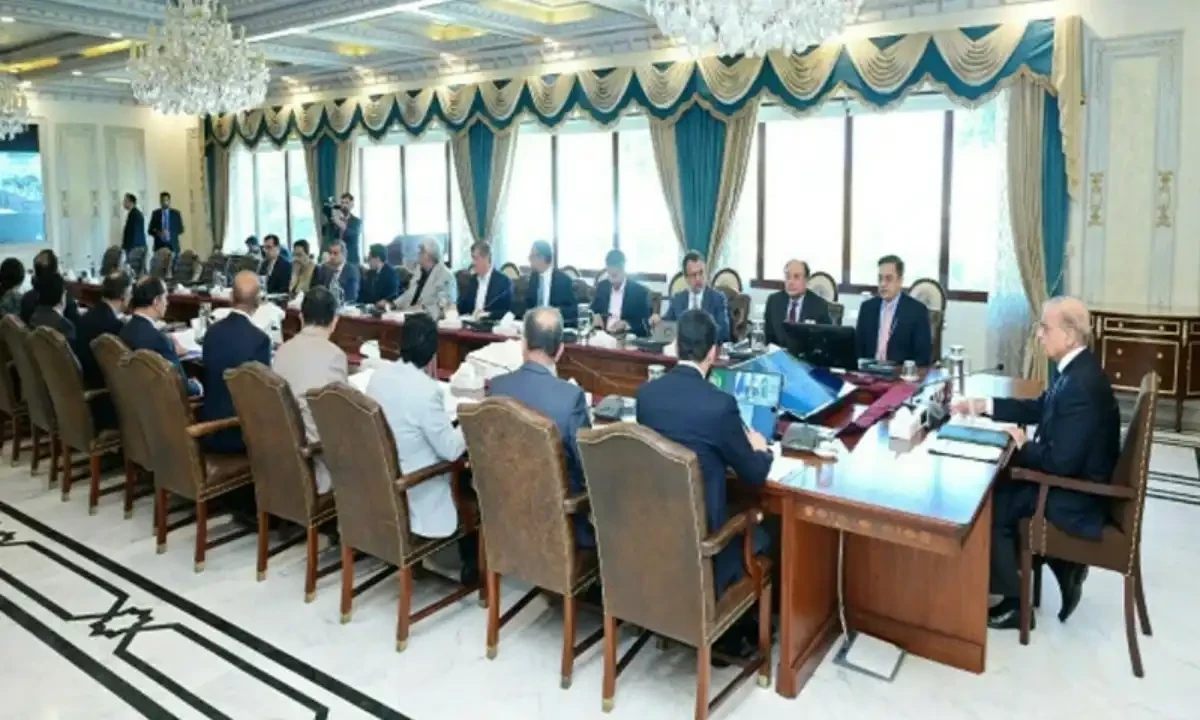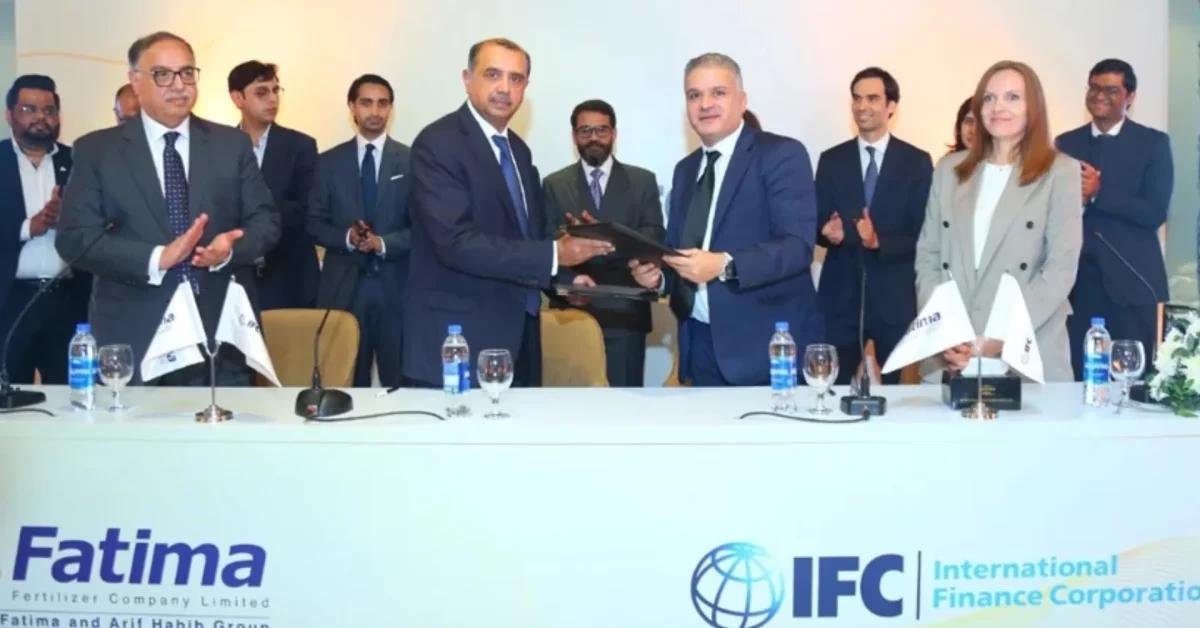The KSE-100 Index experienced a substantial dip of over 2% during intraday trading on Monday at the Pakistan Stock Exchange, reflecting the uncertainty among investors following the divided mandate resulting from the February 8 elections. The looming political ambiguity in the aftermath of the elections is contributing to concerns about the country’s future trajectory.
At the commencement of the session, the KSE-100 Index plummeted to 61,525.96 points, marking a significant decline from the previous closing figure of 62,943.74. By 11:49 am PST, the index stood at 61,652.78 after shedding 1,290.96 points, equivalent to 2.05%.
The market response is unsurprising, given the crucial role of political stability in fostering economic progress. Pakistan has grappled with political instability in recent years, and there were hopes that the elections would usher in a clear mandate and a robust government. However, with these hopes dashed, the country now faces the prospect of a coalition government comprising parties with divergent economic priorities and policies.
The economic challenges confronting Pakistan include questions about the role of state-owned enterprises, the preferred development model, and addressing inflation-induced hardships for the masses. The current scenario is further complicated by record interest rates that have hampered economic activity, leading to a dearth of employment opportunities and stagnant wages.
Additionally, the impending release of the third and final tranche under the existing IMF program adds another layer of complexity. The IMF, urging Islamabad to divest loss-making state-owned enterprises such as PIA and Pakistan Steel Mills, places economic decision-making in a challenging position, given the conflicting views within the coalition government.
The future government’s ability to fulfill electoral promises is constrained by the conflicting economic priorities of partner parties. Furthermore, the anticipated energy tariff hikes under IMF pressure pose a substantial challenge unless the government can present effective alternatives. The overarching theme is one of economic uncertainty and the need for a cohesive and decisive economic strategy in the face of these multifaceted challenges.



